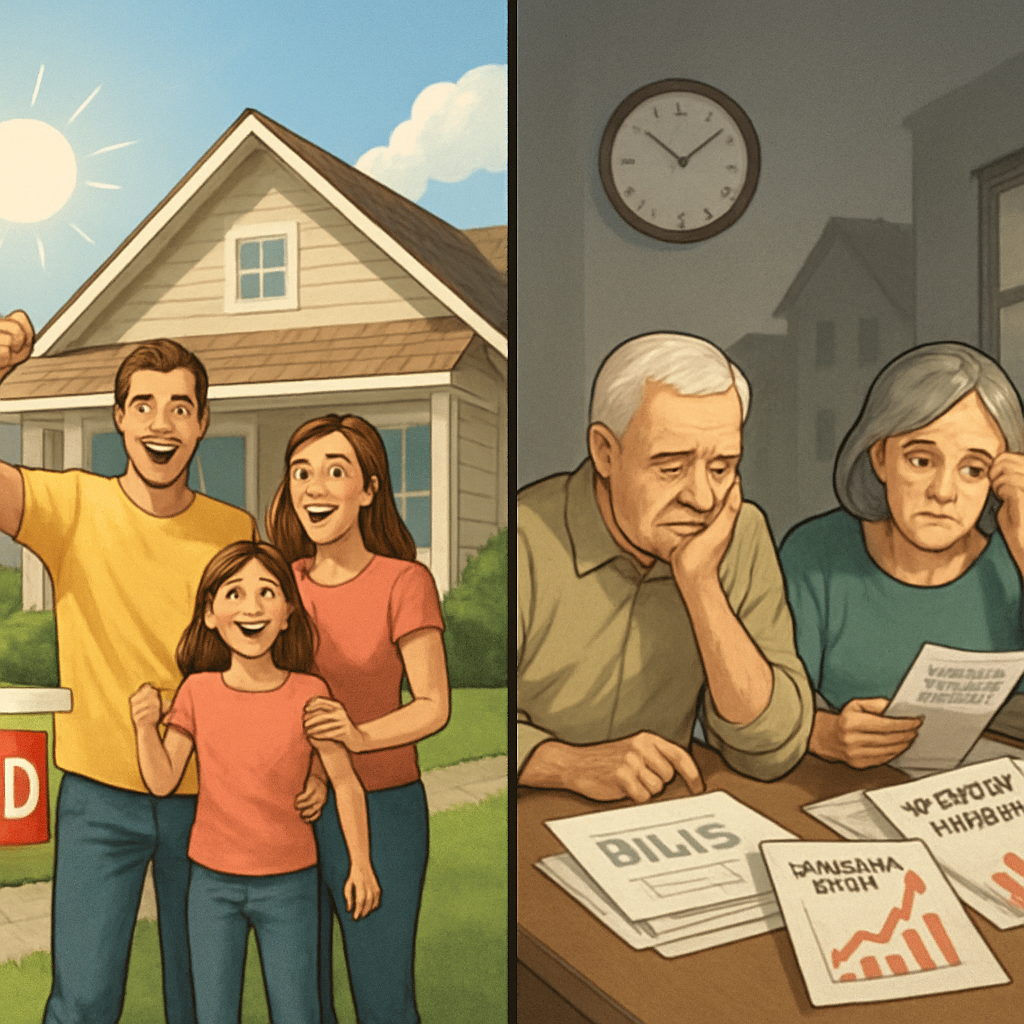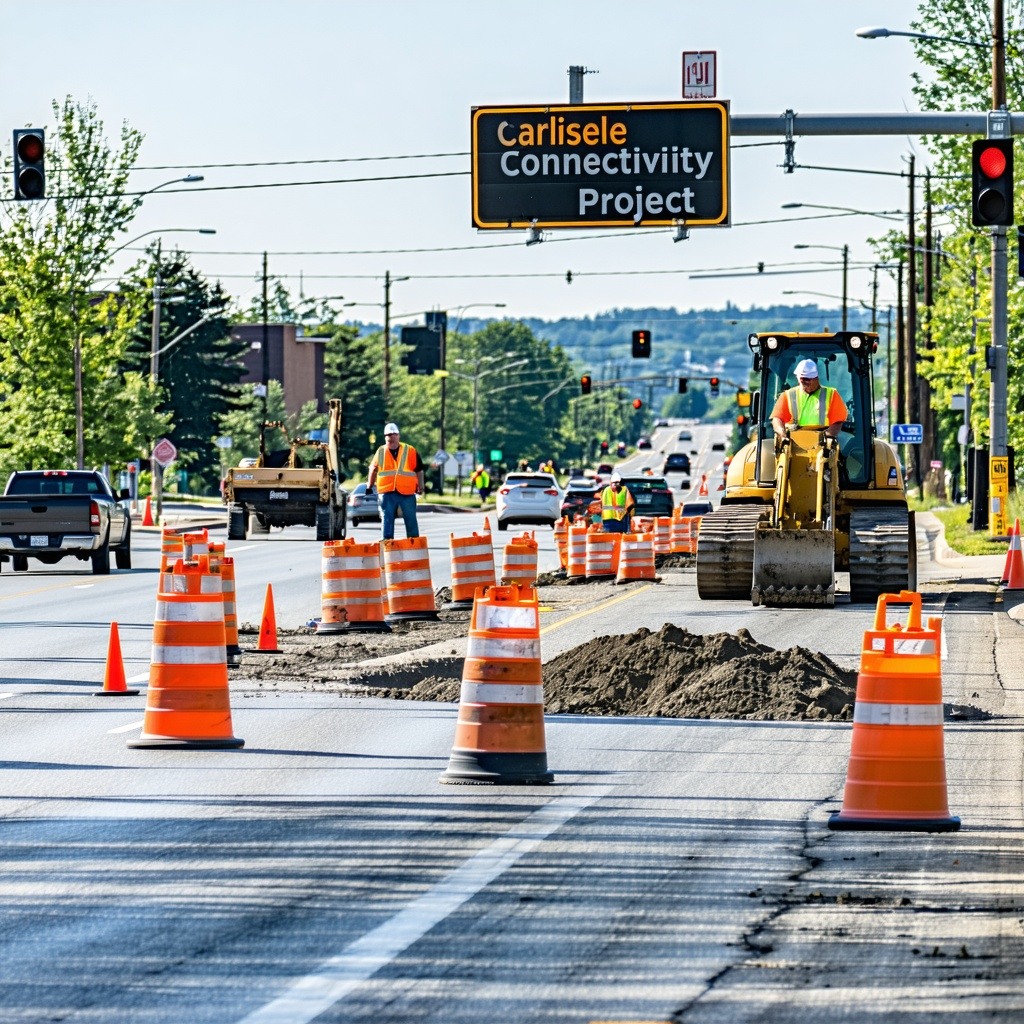
Arpan Tiwari
Arpan Tiwari is a results-driven Realtor specializing in Mechanicsburg, PA, and surrounding area in Central, PA markets. With a background in Business Marketing and AI, Arpan leverages data-driven strategies to help clients buy and sell homes with confidence. A content creator on YouTube, he provides insights on relocation, market trends, and real estate investments. Passionate about technology and efficiency, he also explores AI automation in the Real Estate market and is actively involved in research and business ventures.
Fannie Mae Drops Credit Score Requirements: Here’s What It Means for You and the Housing Market
By Arpan Tiwari
Over the past few weeks, I’ve had a lot of people ask me where the housing market is headed, whether it’s the right time to buy, and how rising rates are affecting everyone. So when Fannie Mae announced a major policy change, I knew this was something worth breaking down—clearly, simply, and from the perspective of someone who works with homebuyers every day.
Let me walk you through what’s happening and why it matters.
A Big Shift: No Minimum Credit Score Requirement
Starting November 16, Fannie Mae will no longer require a minimum credit score for certain borrowers. That’s a huge shift from how things have been done for decades.
What does that mean?
It means people who’ve been responsible with their money but don’t have much credit history now have a real chance. If you’ve paid your rent on time, kept up with utilities, or consistently paid your phone bill, lenders can now consider that behavior.
I can’t tell you how many clients I’ve met who manage their money well but simply never had the chance to build credit. This change is going to help them.
Of course, some folks worry about whether this loosens lending too much, but the goal is to make the system fairer—not reckless.
How Mortgage Loans Actually Work (And Why This Matters)
A lot of people assume their mortgage stays with their bank forever. But the reality is different.
Banks usually:
-
Issue the loan
-
Bundle it with other loans
-
Sell it to investors
This system is supported by Fannie Mae and Freddie Mac so lenders can keep making new mortgages without taking on too much risk.
Now that qualifications are expanding, we might see more buyers enter the market—especially those who didn’t fit the “traditional” approval box before.
Alternative Data: A More Human Way to Evaluate Borrowers
I’ve always believed a person’s financial story is more than a three-digit credit score.
Under the updated guidelines, lenders can now consider:
-
Rent history
-
Utility payments
-
Phone bill consistency
-
Other recurring expenses
If you’re someone who has always paid household bills on time, this change may finally give you credit for habits you’ve had for years.
This could shift demand, especially among younger buyers, immigrants, and anyone rebuilding their financial life.
Crypto Reward Cards: A New Trend Worth Noticing
Another interesting topic floating around right now: credit cards that pay rewards in cryptocurrency.
Some offer:
-
4% on transportation
-
3% on dining
-
2% on groceries
And the rewards are paid in Bitcoin. If you’ve ever wanted exposure to crypto without the stress of “buying at the wrong time,” this is one way people are doing it—simply through everyday spending.
Portable Mortgages: Could They Unlock the Housing Market?
One reason the market feels frozen is simple:
People don’t want to give up their 2–3% mortgage rate from 2020–2021.
Can you blame them?
This is where portable mortgages come in. These would allow homeowners to take their current low interest rate with them when they buy their next home.
If this becomes reality, more people would move, unlocking inventory for first-time buyers.
But it’s not simple:
-
Lenders don’t want to be stuck with low-rate loans for 30 years.
-
They’d likely raise rates overall to cover the risk.
-
Canada does portability easily because their mortgages reset every few years—ours don’t.
Still, the idea is gaining attention.
Why Making Mortgages Portable in the U.S. Is So Hard
Legally, American mortgages just aren’t built for portability.
Changing millions of existing contracts would be messy, expensive, and legally complicated. To make this happen, we’d need:
-
New loan structures
-
New pricing models
-
Government backing to share risk
So while it’s a great idea on paper, it will take a long time—if it ever rolls out at scale.
The Bigger Picture: What’s Really Holding Back the Housing Market
The biggest issue today isn’t reckless lending like before 2008—it’s not enough homes.
Zoning laws, limited buildable land, and high construction costs all make it hard to add new supply. Even with better mortgage access, affordability won’t truly improve until more homes are built.
But the new lending rules are a step in the right direction for people who’ve been shut out of the market for reasons that don’t reflect their real financial habits.
Final Thoughts from Me
I work with buyers every single day, and I see how complicated and intimidating the mortgage process can feel. These changes—especially recognizing real-life payment habits—make the system more human.
If you’re thinking about buying, moving, or just trying to understand what these changes mean for your financial future, feel free to reach out. I’m here to help you navigate it all.
— Arpan










